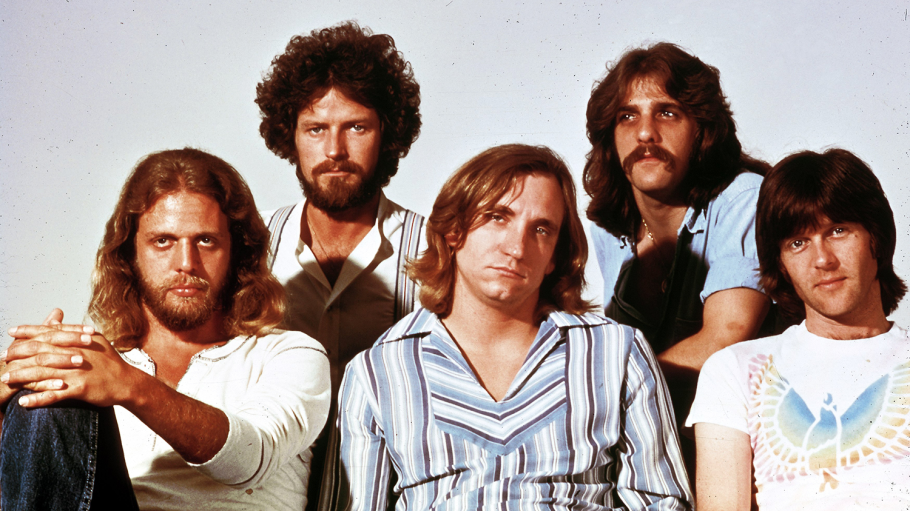Hotel California: A Song of Freedom and Illusion
“You can check out any time you like, but you can never leave.”
— The Eagles, Hotel California
My favorite pop song is, without a doubt, Hotel California. It is a song that spurred me to action, and I always carry it along. Loved by millions, there are also multiple interpretations of the meaning of the lyrics. Which, by the way, have already been refuted by the band. It’s time for me to look at it differently. Partly to understand why it inspires me. So that’s why I put on philosophical glasses. Are you curious about what this “where music and philosophy meet” brings?
The Illusion of Freedom
From the first lines—“On a dark desert highway, cool wind in my hair”—the song evokes a feeling of escape. The protagonist is journeying freely, yet he soon finds himself seduced by a place that promises luxury, beauty, and rest. But this is no ordinary hotel. It quickly becomes clear that it is not a sanctuary but a prison masquerading as paradise.
This is where existentialism steps in. Philosophers like Jean-Paul Sartre argued that hell is not a place of fire and brimstone but rather a self-made reality built on bad faith—denying one’s freedom by accepting comforting illusions. The guests of the Hotel California live in an illusion of pleasure and belonging. But as the lyrics warn: “We are all just prisoners here, of our own device.”
Baudrillard and the Simulacrum
The Hotel itself is a kind of simulacrum—a copy of a paradise that never truly existed. In Simulacra and Simulation, philosopher Jean Baudrillard explains how modern society replaces the real with symbols and images until the distinction vanishes. Hotel California is this mirage: “such a lovely place” filled with “pretty, pretty boys” and “mirrors on the ceiling,” but beneath the surface, it’s empty. The song becomes a metaphor for consumerism, Los Angeles culture, or the American Dream itself—a shining illusion that traps those who chase it.
Plato’s Cave
Another powerful philosophical reading is Plato’s Allegory of the Cave. Just as the prisoners in Plato’s cave are fooled by shadows on the wall, the Hotel’s guests mistake appearances for reality. The protagonist’s awakening is gradual—he starts to see that the food doesn’t nourish, the people don’t leave, and even the “master” is powerless: “They stab it with their steely knives, but they just can’t kill the beast.” Like Plato’s escaped prisoner, the singer glimpses a truth beyond the illusion—but cannot bring the others with him.
The Cycle of Desire
Hotel California also speaks to a Buddhist understanding of samsara—the endless craving, illusion, and suffering cycle. The guests arrive seeking satisfaction, pleasure, and rest, only to find themselves trapped in a wheel of longing. “You can check out any time you like, but you can never leave.” This line mirrors the Buddhist teaching that desire creates suffering, and freedom comes not from indulgence but from awareness.
Final Notes
Hotel California isn’t just a rock ballad. It’s a philosophical parable wrapped in California cool. It confronts us with questions:
- What illusions do we live inside?
- Have we mistaken comfort for freedom?
- Are we prisoners of our own devices?
The Eagles may have sung about a fictional hotel, but they described a very real part of the human condition—our vulnerability to seduction, illusion, and self-deception. And so, the song endures. Not because it gives us answers, but because it invites us to look deeper.
Listen again. Not with your ears, but with your mind. What is your Hotel California? Mine is that when walking around in Tallinn, I got the Hotel California feeling, the feeling of freedom, and at the same time, the sense that I would never be able to say goodbye to Tallinn

